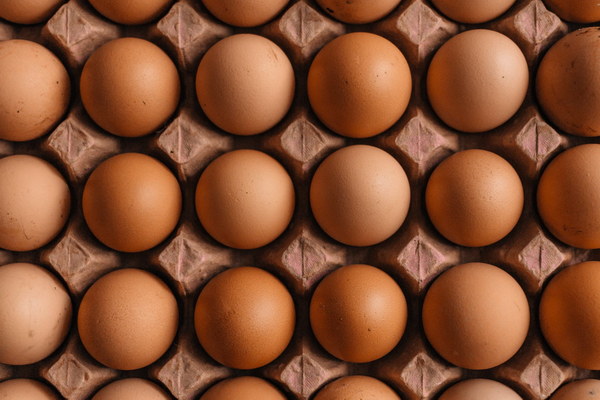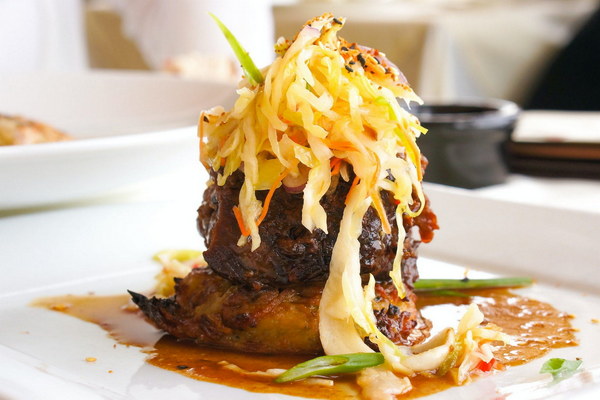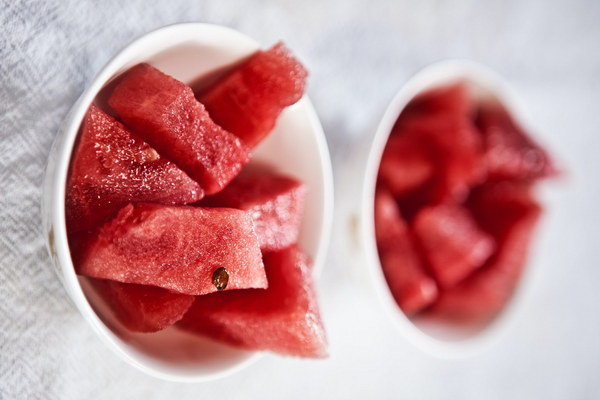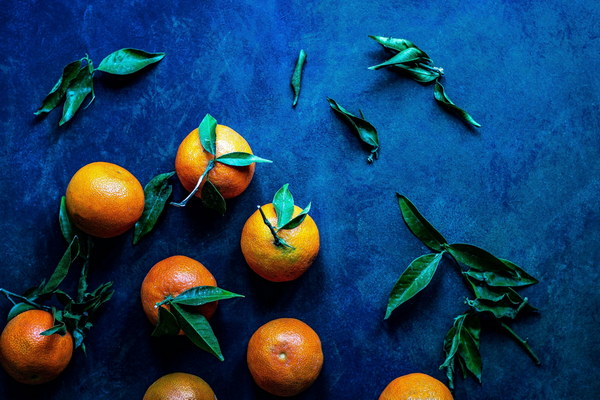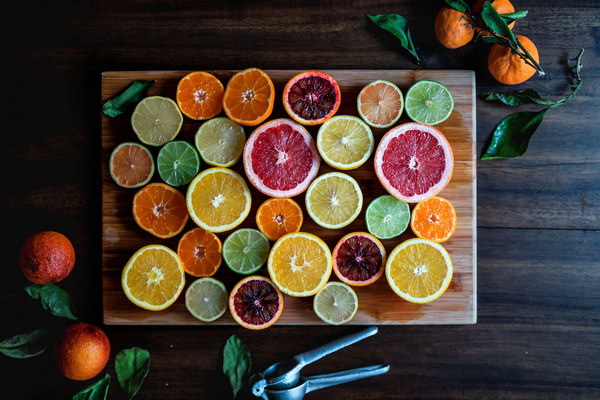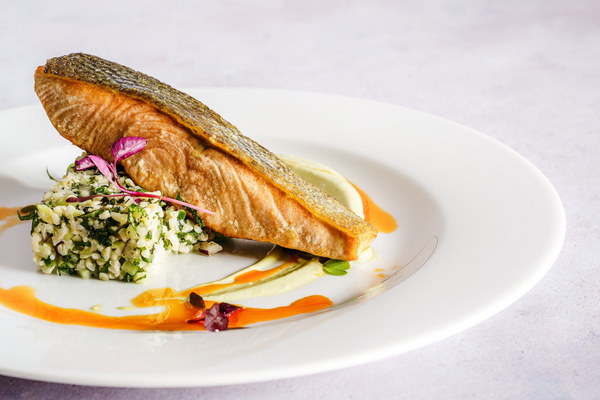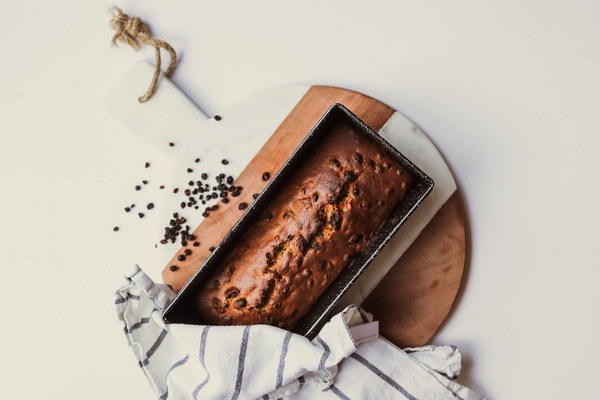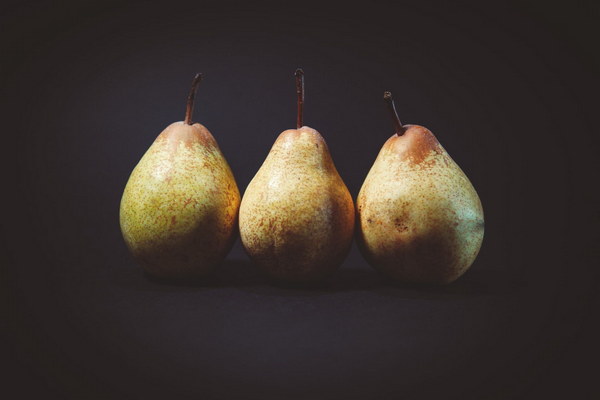Ancient Secrets Harnessing the Power of Chinese Herbs for Beauty and Anti-Aging Skincare
In the quest for timeless beauty and youthful skin, modern science has been working tirelessly to replicate the secrets of ancient civilizations. However, the age-old wisdom of traditional Chinese medicine holds a wealth of natural ingredients that have been used for centuries to nourish, rejuvenate, and protect the skin. This article delves into the world of Chinese herbal skincare, highlighting some of the most effective and time-honored remedies.
Chinese herbal skincare is rooted in the belief that beauty and health are interconnected, and that the body's internal balance is crucial for achieving a radiant complexion. By utilizing the power of natural herbs, Chinese skincare aims to address the root cause of skin issues, rather than simply treating the symptoms.
One of the most celebrated Chinese herbs for beauty and anti-aging is Goji Berry (Lycium barbarum). Known as the Fruit of Immortality, Goji Berry is rich in antioxidants, vitamins, and minerals, which help to combat free radicals, reduce inflammation, and protect the skin from environmental damage. This superfruit can be consumed in various forms, including powders, teas, and elixirs, or applied topically in skincare products.
Another remarkable herb is White Peony (Paeonia lactiflora). This herb has been used for centuries in traditional Chinese medicine to soothe and calm the skin, thanks to its anti-inflammatory properties. White Peony contains compounds that can help to lighten dark spots, reduce redness, and improve overall skin texture. It is often found in serums and moisturizers, making it a popular ingredient for those seeking to achieve a more even and radiant complexion.
Green Tea (Camellia sinensis) is another powerful herb that has gained worldwide recognition for its numerous health benefits, including its role in skincare. Packed with antioxidants, green tea can help to protect the skin from UV radiation, reduce the appearance of fine lines and wrinkles, and combat acne. Incorporating green tea into your skincare routine, whether through topical application or by drinking the tea itself, can lead to a more youthful and glowing complexion.
Ginseng (Panax ginseng) is a well-known herb in traditional Chinese medicine for its ability to boost the immune system and enhance overall vitality. When it comes to skincare, ginseng's anti-inflammatory and antioxidant properties make it an excellent choice for those with sensitive, acne-prone, or aging skin. Ginseng can be found in various skincare products, including cleansers, toners, and serums, to promote a healthier, more radiant complexion.
Safflower (Carthamus tinctorius) is a lesser-known herb that has been used in Chinese skincare for its ability to improve circulation and promote skin elasticity. This herb contains linoleic acid, which helps to nourish and moisturize the skin, while also reducing the appearance of stretch marks and scars. Safflower is often found in body lotions, oils, and masks, making it an excellent choice for maintaining smooth and supple skin.

Lastly, we cannot forget about the ever-popular Chinese herb, Chrysanthemum (Chrysanthemum morifolium). This herb has been used for centuries to soothe and cool the skin, making it an ideal ingredient for those with sensitive or acne-prone skin. Chrysanthemum contains compounds that can help to reduce inflammation, calm redness, and promote a more balanced complexion. It is commonly found in facial masks, serums, and toners.
In conclusion, the world of Chinese herbal skincare offers a treasure trove of natural ingredients that have been proven effective in achieving beautiful, youthful skin. By incorporating these ancient remedies into your skincare routine, you can tap into the wisdom of traditional Chinese medicine and enjoy the benefits of natural beauty from the inside out.

